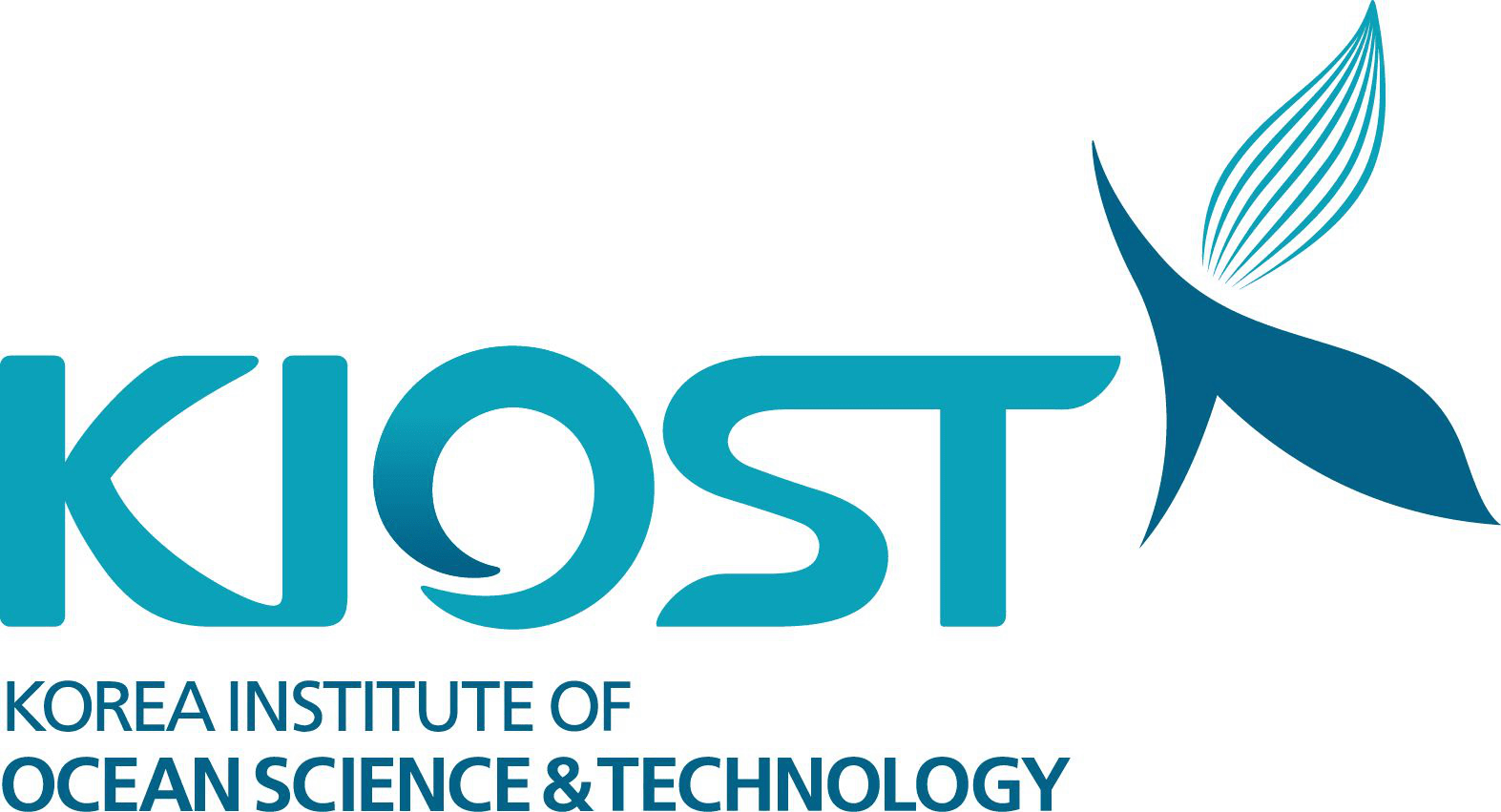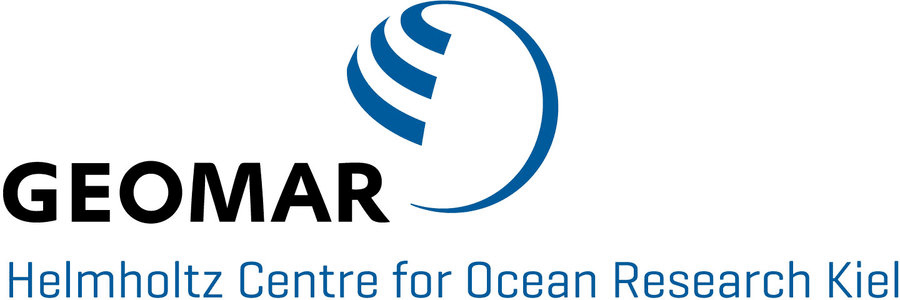Action for Sustainable Ocean Acidification Research (ASOAR)
Overview
Scientific rationale, societal benefits and policy relevance
Changes in carbonate chemistry, termed ‘Ocean Acidification’ (OA), and the biological impacts this causes, don’t occur uniformly, but instead vary regionally across a range of spatial scales. The Global Ocean Acidification Observing Network (GOA-ON) highlighted this and identified a pressing need for targeted regional monitoring strategies that capture all relevant spatial scales and site specific situations. It was agreed that such strategies should involve the coordination and extrapolation of data gathered from networks of local observations to provide a regional scale picture of OA trends and impacts.
Not only are there growing needs to coordinate scientific activities, but there are increasing governmental requirements to monitor OA and act to reduce and mitigate its impacts. Specifically, governments are being asked to report pH as part of the Sustainable Development Goals (SDG), SDG14.3. There are also regional and national reporting efforts, such as through the OSPAR commission and the Marine Climate Change Impacts Partnership (MCCIP), which require knowledge of the present state of the marine environment in relation to OA and climate change to provide to stakeholders and policy makers. GOA-ON and its regional hubs have played significant roles in providing evidence to global stakeholders and policymakers through participation at UNFCCC COPs, SBSTAs and UN Ocean Conference events. On a regional level the GOA-ON North East Atlantic hub (NEA-OA) has run a webinar for European marine resource managers jointly with the International Alliance to combat Ocean Acidification; works with the UK government (DEFRA) to provide information to the climate evidence team; and has provided discussions forums for the British-Irish Council. The working group formed here would provide an opportunity to develop activities within the NEA-OA hub and more broadly across GOA-ON that address the needs of society and policy, specifically by aligning to the UN Decade of Ocean Science for Sustainable Development.
Global context
Ocean acidification (OA) is a global issue, with the driver being global emissions of carbon dioxide. However regional and local seawater conditions affect the rate of acidification, making it more difficult to predict local impacts and consequences of OA. Coordinated monitoring efforts are required to gather informative and scale-able data on the progress of OA and to support positive action for protecting the marine environment. Over recent years the Global Ocean Acidification Observing Network (GOA-ON), a network set up to establish universal principles for monitoring OA, bring together data access, and to share and exchange knowledge, has formed regional ‘hubs’ to allow specific regions to coordinate activities, data and projects. These include Latin America, Africa, Western Pacific (Asia), North America, the North East Atlantic, the Mediterranean, South Asia, the Arctic and the Pacific Islands and Territories. Under the umbrella of GOA-ON these regional hubs are able to conduct relevant activities that deliver on the needs of their local stakeholders, while still maintaining a global coordinated effort on OA research. The UN Decade of Ocean Science for Sustainable Development has endorsed a 10-year programme of coordinated OA research proposed by GOA-ON. The Ocean Acidification Research for Sustainability (OARS) programme sets out 7 outcomes that need to be delivered by the global OA community (see http://www.goa-on.org/oars/overview.php.) A large part of this delivery will be through activities and engagements planned and executed through the GOA-ON regional hubs. This proposed POGO working group will consider how the North-East Atlantic (NEA-OA) hub will deliver for the outcomes of OARS as well as improving the OA observing capability in the region. The working group will also include participation from other GOA-ON regional hubs to ensure the benefits of the group discussions are disseminated beyond the NE Atlantic region and facilitate cross-hub collaborations and interactions.
Relevance to POGO and fit with POGO’s Strategy
The POGO goal, to have a world-wide cooperation for sustainable, state-of-the-art global ocean observing system that serves the needs of science and society, is also at the heart of the GOA-ON and OARS goals, and thus fundamental to this WG. The WG will facilitate state-of-the-art OA observing activities, bringing together biological, physical and chemical measurements. It will aim to share this across the global network of OA scientists through GOA-ON and involvement of regional hubs. Proposed activities developed within the WG will be directly relevant to societal and political needs.
Work plan, deliverables and milestones
This working group (WG) aims to contribute to the OARS UN Ocean Decade programme outcomes. It will do this be carrying out these objectives: 1. Assess current OA activities within the hub in relation to wider global and other relevant GOA-ON hub activities; 2. Evaluate the OARS outcomes and describe where the hub can best contribute; 3. Produce a road map for delivering on the OARS outcomes.
The WG will predominantly be formed of members of the NEA-OA Hub, however in order to get a global perspective and vision, as well as develop cross-region collaborations and maintain global standards, the WG will also include members from the North America hub, the Mediterranean hub, the Southern Asia hub, and the Arctic hub. WG members who are OARS co-champions are also included in order to feed directly between the WG and the OARS programme.
The WG will build on the draft implementation plans produced by the OARS outcome champions (due to be released at the International High CO2 symposium in Peru in September 2022) to identify the activities and engagements that can be delivered by the hub and more broadly. The first WG meeting will be a hybrid meeting, making use of participants being at the Symposium in Peru where possible, or online if they are not attending in person. At this first meeting we will discuss the OARS implementation plans to make an assessment of the needs and align these with the known OA activities both in the NE Atlantic and more globally. During the following months we will develop these ideas, alongside a draft plan for a workshop/second meeting. In January 2023 we will hold a second workshop/meeting in person, at Plymouth Marine Laboratory, UK. This meeting will take the form of a writing workshop to draft the white paper road map for delivering activities.
The WG will advance POGO’s mission by developing and improving coordinate ocean acidification observing systems with the NE Atlantic and more broadly around the world. It will develop capabilities and capacity through identifying actions needed to achieve this observation and it will use the UN Decade programme OARS to align the activities with the needs and benefits of wider society, contributing to providing a sustainable ocean. The NEA-OA is developing a Theory of Change document, which describes the ultimate benefits and impacts, and which this WG will contribute to. The main impacts relevant to this WG will be: 1. Enhanced interdisciplinary monitoring/observation activities; 2. Better inter-comparability of datasets; 3. Increased quality assurance; 4. Targets informed by latest research & informed policy development; 5. Increased capacity & capability, inspiring next generation. These impacts will be evaluated using impact monitoring, in particular, given the main output of this WG will be a white paper, we will monitor the impact of the white paper (citations, altmetric, downloads) and further evaluate the success based on how many activities are taken up under the OARS umbrella (either ones submitted to the UN Decade as actions, or others within GOA-ON).
Status: Complete Working group
Year: 2022-2023
Working group Participants
Leader
- Helen Findlay, Plymouth Marine Laboratory, UK
Participants
- Steve Widdicombe, Plymouth Marine Laboratory, UK
- Jan Newton, University of Washington, USA
- Yuri Artioli, Plymouth Marine Laboratory, UK
- Sinead Collins, University of Edinburgh, UK
- Marta Álvarez, Spanish Institute of Oceanography (IEO-CSIC), Spain
- Katherina Schoo, Ocean Sciences Section of the Intergovernmental Oceanographic Commission (IOC) of UNESCO, France
- Sam Dupont, University of Gothenburg, Sweden
- Punyasloke Bhadury, Indian Institute of Science Education and Research Kolkata, India
- Evin McGovern, Marine Institute, Ireland
- Richard Bellerby, Norwegian Institute for Water Research and East China Normal University and UCSI University, Kuala Lumpar, Malaysia,
- Abed El Rahman Hassoun, GEOMAR, Kiel + National Center for Marine Sciences, CNRS-L, Germany/Lebanon
- Christine Seonock Woo, KIOST (KIOST-PML Lab), Korea
- Carla Berghoff, INIDEP, Argentina





